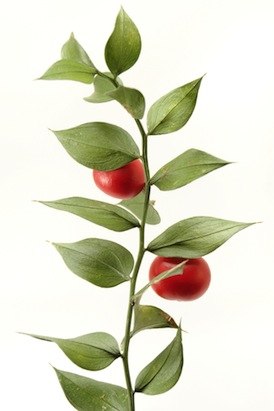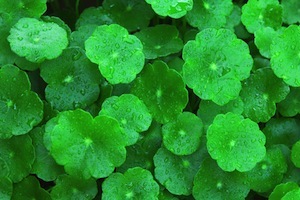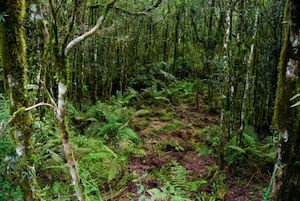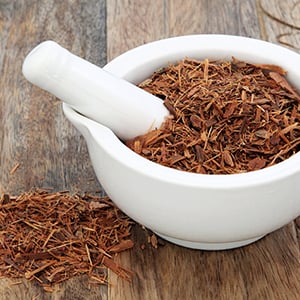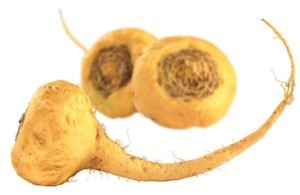Butcher’s broom, or Ruscus aculeatus, is an evergreen like shrub with a long history of use in Europe for promoting circulatory system health. Among other benefits, butcher’s broom helps tighten blood vessels and capillaries, which has generated interest for use against varicose veins. It’s also been shown to relieve fluid retention and other symptoms of chronic venous insufficiency. (more…)

